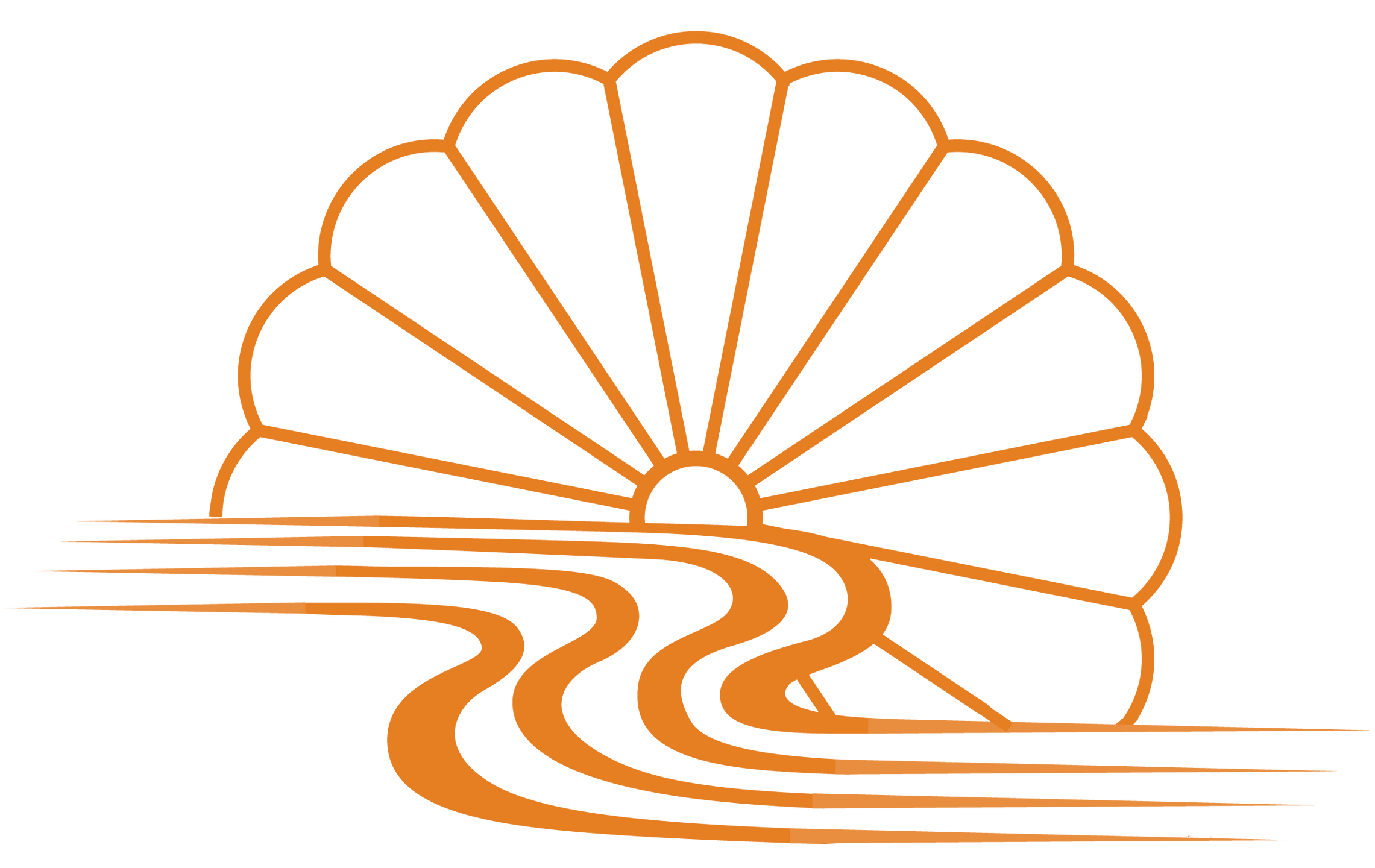
It’s expected that every student at the Yasuragi Dojo become familiar with the basics of Japanese swordsmanship. Kenjutsu, or sword technique, is an excellent way for students to supplement their path in Jissen Kobudō as it builds a stronger foundation and comprehension of taijutsu application. For the advanced level martial artist, regardless of style, beginning on a journey to understand the classical Japanese sword is a compliment to previous learning. Opening the doors of time, a disciplined martial artist can apply strengths and subtleties to the sword.
While the Samurai sword may be considered a classical weapon, applications and tactics are just as important in today’s world as they were hundreds of years ago. While learning the combative techniques of classical Japanese sword, students continually challenge themselves with precise movement, conditioning of the body and settling of the mind. The training can be intensely dynamic or done with grace and an attention to mindfulness. The Kenjutsu trained at the Yasuragi Dojo strictly adhere to the techniques and methodology of the Kukishinden Ryū Bikenjutsu, Jinen Ryū Bikenjutsu and the Togakure Ryū Bikenjutsu.

秘剣術 Bikenjutsu
Although used as a general term to refer to swordsmanship native to Japan, in modern times, kenjutsu is more often used to refer to the specific aspect of swordsmanship dealing with partnered sword training. The prefix Bi (秘) refers to the origin of specific knowledge that was in olden times was considered highly secretive. Kenjutsu is the oldest form of training, and at its simplest level, consists of two partners with swords drawn, practicing combative simulation. Historically practiced with wooden katana, this most often consists of pre-determined forms, called kata, or sometimes called kumitachi. Among advanced students, kenjutsu training evolves into increasing degrees of rigorous sparring practice.


脇差術 Kodachijutsu
The short sword techniques of the Kukishin Ryū Happo Biken, properly termed ‘Kodachi Dori’, are considered to be among the highest level techniques in this tradition. Kodachi have been in use as far back as the 15th or 16th century. Used as a backup or auxiliary sword; it was also used for close quarters fighting, to remove the head of a defeated opponent and sometimes to commit seppuku. The Kodachi was one of several short swords available for use by samurai including the yoroi tōshi, the chisa-katana and the tanto.
弐刀術 Nitōjutsu
Popularized by the famous swordsman Miyamoto Musashi (1584 – 1645), the founder of Hyōhō Niten Ichi-ryū, Nitōjutsu utilizes both long sword (daito) and short sword (shoto) simultaneously in combat. The Jinenkan’s system of nitōryū is characterized by Unsui Sensei’s observation that the strength of nature is far beyond anything that is achievable by man’s strength. From this, he created the Jinen Ryū Nitōjutsu based on the movements of earth, water, wind and fire.


抜刀術 Battōjutsu
A Japanese term meaning ‘techniques for engaging a sword.’ The emphasis of training in battōjutsu is on cutting with the sword. Battōjutsu training involves the use of both green bamboo stalks and hydrated bamboo mats to simulate the cutting of specific anatomic targets while recording the delivery of one’s cut. More importantly is the practitioners pursuit of a perfectly balanced cut, where the synchronization of momentum, measurement of rotational weight, keen accuracy and counter balance in grip of the weapon meet at the exact point of incision and find harmony during the execution of a precise and thorough cut.
DOJO ARTICLES & INSPIRATIONS
Reflections on Kobudo training and lifestyle, written and shared by Adam Mitchell.

SUBSCRIBE TO THE DOJO MONTHLY NEWSLETTER
Get updates on our training and events at the beginning of each month.
We respect your privacy, and your information will not be shared.
CONTACT OUR DOJO
Yasuragi Dojo
571 Route 6
Mahopac, NY 10541
Phone or Text: 914-621-7762
Email: [email protected]
GOOGLE MAPCONNECT WITH OUR DOJO
STUDENT RESOURCES
Dojo Schedule
Dojo Store
流派 Ryu-ha
体術 Taijutsu
剣術 Kenjutsu
武器術 Bukijutsu
PROGRAMS AT OUR DOJO
Student Memberships
6 Week Training Workshops
Self Mastery
Study Groups







